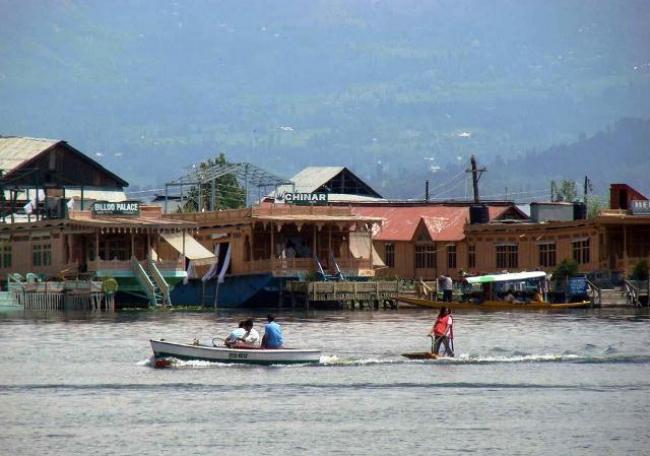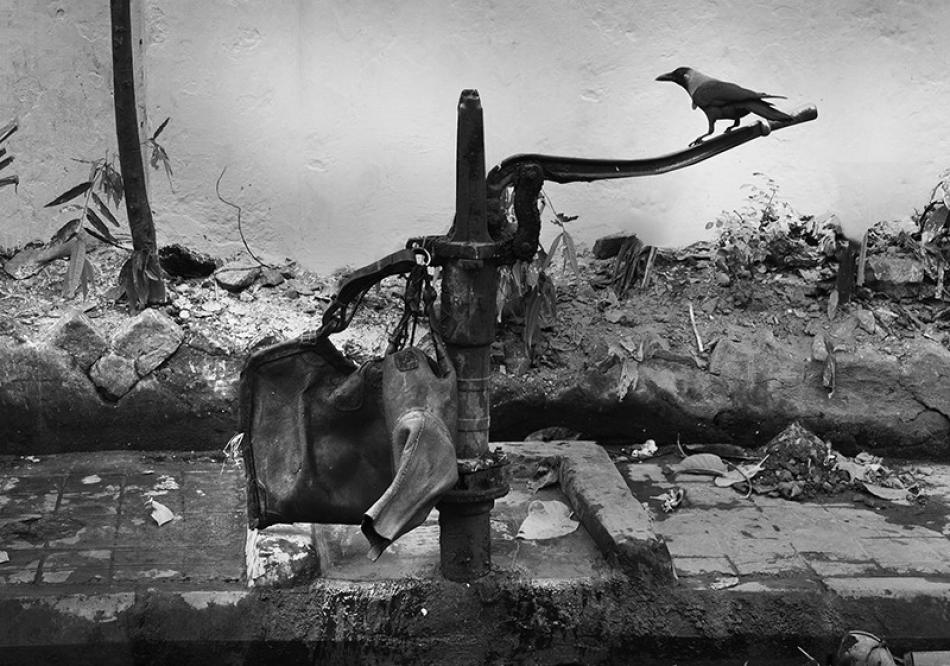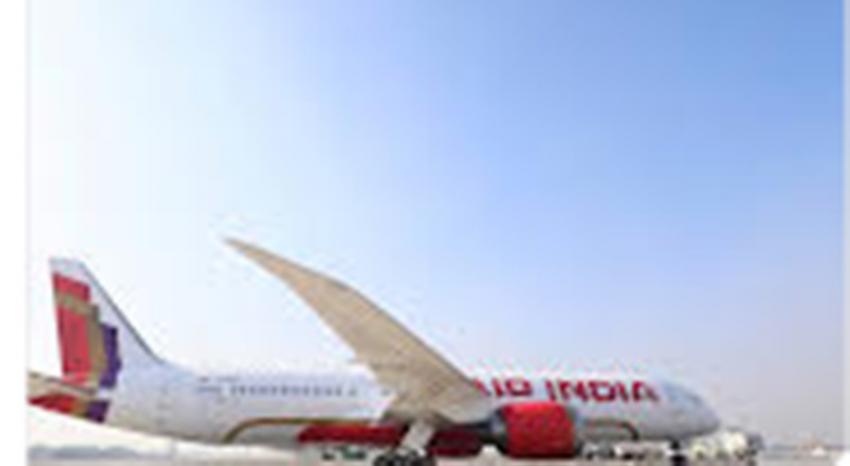06 Jan 2017, 07:21 am

The research paper titled 'Jammu & Kashmir and Xinjiang Uyghur Autonomous Region - A Study in Contrasts' was released last month by IFRAS.
The paper, while drawing parallels between the provinces of Jammu & Kashmir (J&K) and Xinjiang Uyghur Autonomous Region (XUAR), highlights how the Indian and Chinese governments have adopted distinctly different approaches and methods to deal with comparable challenges in the two regions.
Enumerating similarities, namely a Muslim-majority local population, extremism, cross-border terrorism emanating from Pakistan and the disputed border, the paper concludes that as compared to XUAR, J&K today enjoys far greater political autonomy.
.jpg) Despite special political status granted to the two regions, the study highlights that while China's Regional Ethnic Autonomy Law has proven largely ineffective in ensuring true self-governance by ethnic groups like the Uyghurs, the people of J&K have been provided guarantees under Article 370 of the Indian Constitution, and a strong foundation to build a system of local governance.
Despite special political status granted to the two regions, the study highlights that while China's Regional Ethnic Autonomy Law has proven largely ineffective in ensuring true self-governance by ethnic groups like the Uyghurs, the people of J&K have been provided guarantees under Article 370 of the Indian Constitution, and a strong foundation to build a system of local governance.
The study also observes that though the issues confronting the Indian government vis-à-vis cross-border terrorism, separatism and the dispute with Pakistan over Kashmir, are more complex as compared to the problems faced by China in XUAR, the response of the Chinese government and its security forces against the Uyghurs has been far more overwhelming and disproportional.
The paper concludes that India has not imposed the kind of stringent controls on Muslims of the Kashmir Valley as China has done in Xinjiang, noting instead that India has gone to great lengths to protect the Kashmiri tradition, culture, and religion, unlike China that has, over the years, carried out a systematic policy of mass migration of Han Chinese to XUAR, besides cracking down on the observance of Uyghur religion, customs, practices, language and culture in Xinjiang.
.jpg) Started in 2011, The International Forum For Rights And Security (IFFRAS) is a non-profit international think-tank with headquarters in Toronto, Canada and offices in Brussels, Geneva, Ottawa and Washington.
Started in 2011, The International Forum For Rights And Security (IFFRAS) is a non-profit international think-tank with headquarters in Toronto, Canada and offices in Brussels, Geneva, Ottawa and Washington.
IFFRAS is currently chaired by legal scholar and Canadian Member of Parliament (MP) Mario Silva.
Mr Silva has an expertise in international law with his doctoral thesis based on the riveting topic of ‘failed states’. He is active in the arena of human rights and has been working towards combating social ills like anti-semitism and is also a staunch advocate of holocaust education.
Image Sources: PIB, Wikipedia Creative Commons and Kashmir Wallpapers
- ‘This Union budget is about building capacity, not chasing short-term consumption’
- AI will replace surgeons, coders — and billions of jobs, warns Sraddhalu Ranade at MCHD-SKC Memorial Lecture
- Religion without servility: Journalist Anshul Chaturvedi on why Vivekananda speaks to believers and atheists alike
- Culturist Sundeep Bhutoria unveils anthology When Gods Don't Matter at Jaipur LitFest 2026
- Kolkata CP urges elderly to stay alert against digital scams at ‘Pronam’ interaction
- Sona Incubations, Salem picks 17 startups for Rs 11 Mn DST investment, grant
- Visva-Bharati University unveils a transformational roadmap under Vice-Chancellor Dr. Probir Kumar Ghosh
- Sona College of Technology hosts Think Salem 2025: To spur startup opportunity from Tier-2 Cities
- ACM India unveils National AI Olympiad 2026 to spot school talent for global AI stage
- Reject Macaulayan education, reclaim Indian values: H M Bangur’s big World Hindu Economic Forum pitch
Gurgaon : Air India, India’s leading global airline, has unveiled a completely refreshed beverage collection, one that brings together some of the world’s most celebrated wines and spirits at 35,000 feet on international routes.
Indian airline major Air India today announced a significant enhancement to its popular Mumbai-Frankfurt route, with the deployment of its newly delivered, first line-fit (or made-for-Air India)
Saudia, the national flag carrier of Saudi Arabia, and Air India, India’s leading global airline, have signed a codeshare agreement that will take effect in February.





